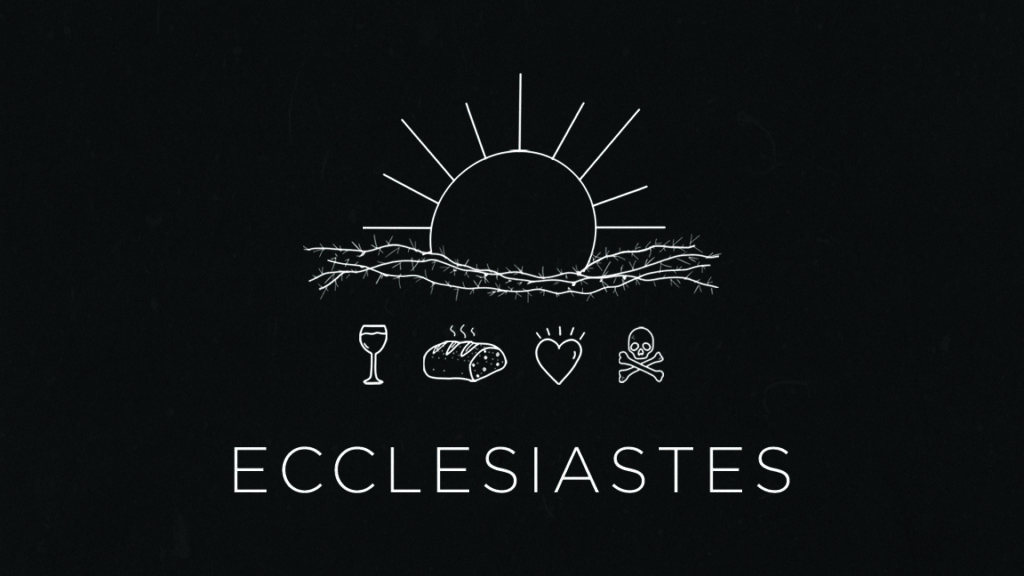Beginning Sunday, June 6, all our adult classes will meeting in person at Brentwood Hills at 9:30 AM each Sunday. We will be studying Ecclesiastes. Here are our classes and their locations:
- Baby Boomers – Main Auditorium
- Believers – 507
- Best Class Ever – 504-506
- Circle of Sisters – 500
- Closer Walk – 503-505
- College – 305
- Encouragers – Conference Room
- Famly Ties – FLC
- Heart of the Matter – FLC
- In the Beginning – Small Auditorium
- Professionals – 501
- Sanctified – Cedar Room
- Son Seekers – Reception Room
- Tied Together – 502
- Young Professionals – 301

We spend countless hours and resources putting all of our efforts into climbing to the top of the proverbial mountain. And at some point in your life, perhaps multiple times, you’ll likely ask yourself, “Is this all there is in life? Is this all that’s worth living for? Does any of this really matter?” Have you been there before?
We all seek lasting significance of some kind, but no matter how great our accomplishments, we are unable to achieve the significance we desire. What spoils life, according to Ecclesiastes, is the attempt to get more out of life—out of work, pleasure, money, food, or knowledge—than life itself can provide. This is not fulfilling and leads to weariness, which is why the book begins and ends with the exclamation “All is vanity.” This refrain is repeated throughout the entire book.
Ecclesiastes states powerfully and repeatedly that life, and our preoccupation with material and temporary things, is meaningless (“vanity”) without a single-minded focus on God. Tremper Longman suggests that the book of Ecclesiastes is “an idol buster.” It teaches us that if we try to find the meaning of life in things such as wisdom, pleasure, wealth, work, etc. they will ultimately let us down. They are merely false gods. Ecclesiastes encourages us to put God first, and when we do, everything else finds its proper place in life. The book aims to show that there is no contradiction between living life to its fullest and living a life of obedience to God.
The Teacher of Ecclesiastes warns against a life caught in the pursuit of empty pleasures that have no lasting value. He reminds us that life without God at the center is meaningless. No matter how wise or rich or successful one may be, one cannot find meaning in life apart from God. Rather than striving to gain meaning on our own terms, what truly is significant is taking pleasure in God and his gifts and being content with what little life has to offer and what God provides.
So why study Ecclesiastes? It asks some of the hard questions that people still have today. It is honest about the troubles of life, and the Teacher’s honesty helps us to also deal honestly with the reality of life. It teaches us how to live for God and not just for ourselves. And at the end of the book we realize that there is more to life and our existence than what is experienced “under the sun” — where nothing seems to matter. Once we are able to look beyond the sun — and live “above the sun” — we realize that “everything matters.” As we go through this study together, I pray that our lives and our pursuit of Jesus will be filled with this reality.


0 Comments